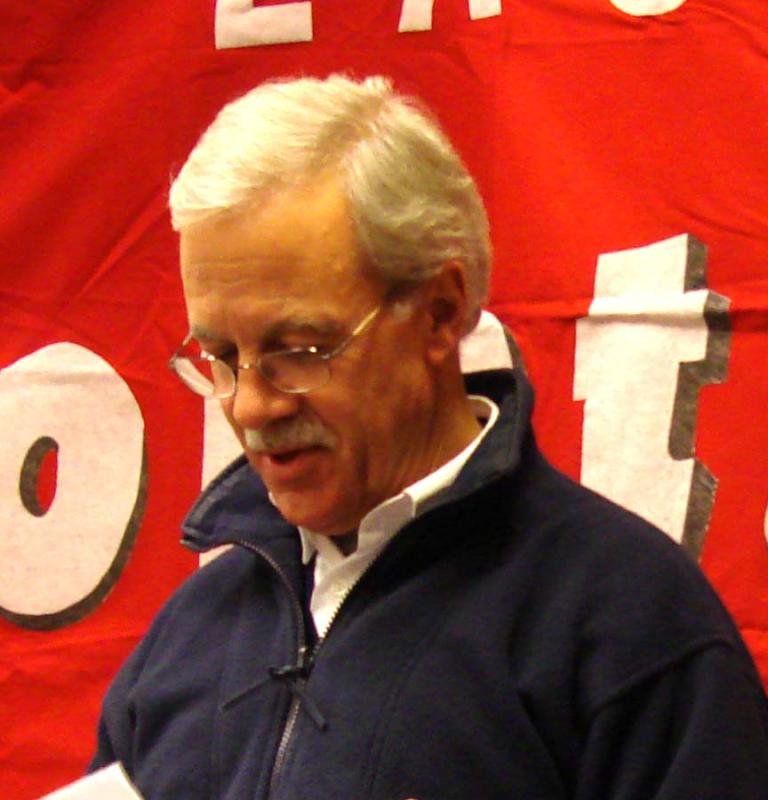Since the 20th Congress of the Communist Party of the Soviet Union in 1956, everything that relates to Joseph Stalin has been demonized. The so-called “destalinization” process initiated by Khrushchev and his political allies, within the broader opportunistic turn of the CPSU, tried to blame Stalin for all the evils of the world.
Khrushchev's shameless campaign against Stalin was effectively used by the capitalist world in building the anti-communist arsenal of the Cold War.










